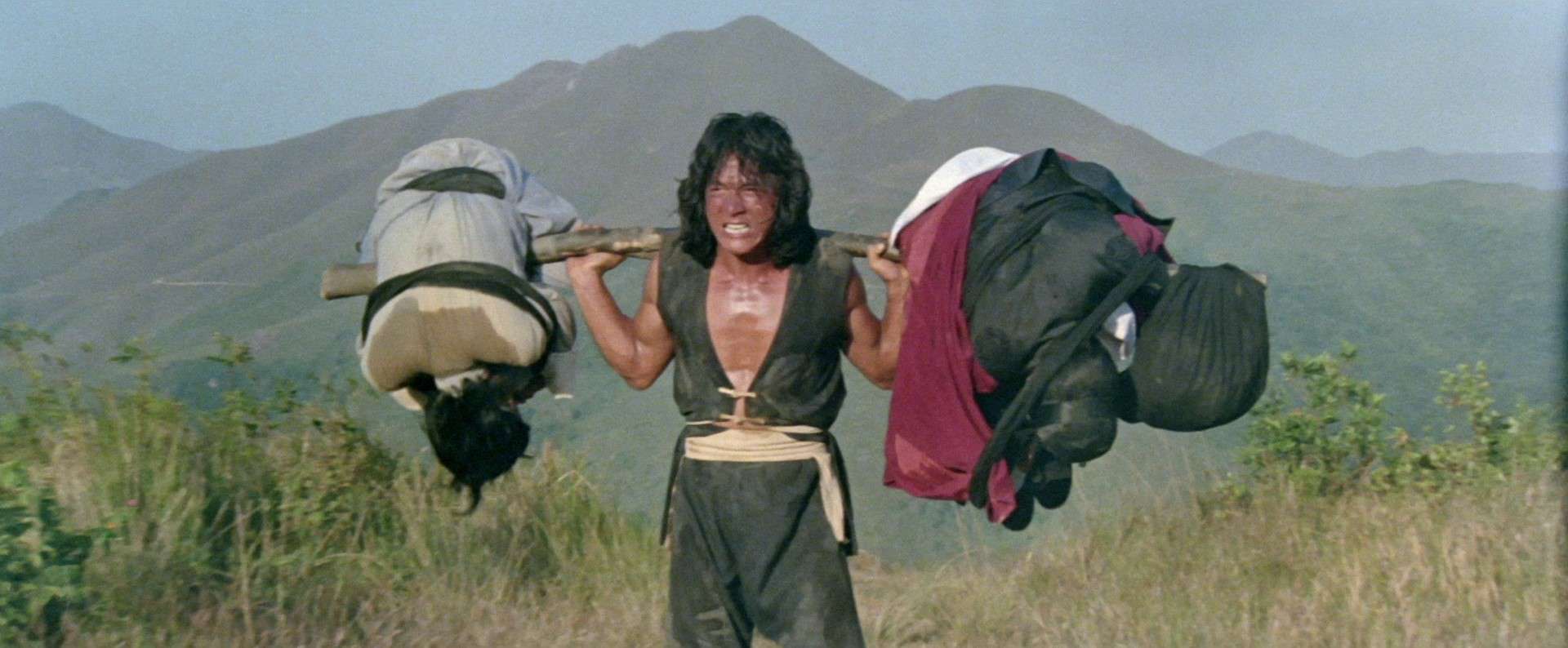Observations on What Made Jackie Chan the Greatest
Jackie Chan, at his peak, was our greatest entertainer.

With the seventh installment of the Mission: Impossible franchise still screening in theaters, I’ve seen many film and culture critics—and the occasional box office pundit—lament the fall of the movie star and citing Tom Cruise as the final great of the type. Ignoring the way this English-centric analysis erases global and other national stars such as Shah Rukh Khan and Wu Jing, there is a grain of truth behind the hyperbole: the movie star is dying. The action star may already be dead.
But the greatest entertainer in the era of mass media is still alive. Jackie Chan is no longer in his prime—that would be a lie so bold not even Trump would dare say so (not that he cares about a Chinese filmmaker anyways)—but he is still alive, seemingly healthy, and making movies. And it’s okay if he isn’t making Police Story films anymore because his legendary filmography atones for any future artistic sins. If you haven’t seen Jackie Chan in his prime, roughly 1980 to 1993 (pre-Rush Hour, to be certain)—then you have a craterous cultural blind spot in need of remedying. If you find yourself unable to enjoy a prime-era Jackie Chan action flick, I’m convinced you just don’t like movies as an artform.
His first film with the Golden Harvest production company and his second film as director, 1980’s The Young Master, is the beginning of his peak (though some may argue Drunken Masteras an even earlier departure into greatness). It’s also the film where his sensibilities come into full form, his hallmarks trademarked. His stunt work approaches new levels of complex choreography and his non-action acting has leveled out following more outlandish earlier iterations like his 1979 directorial debut The Fearless Hyena. While Hyena’s highpoints are classic Jackie—notably, the chopstick fight—its lows, including the “emotional kung fu” climax, are symptomatic of an immature performer. By the time he directed again with The Young Master, he traded a purse of immaturity for a note of sincerity. The sum changed film history.
Continue reading in the post calvin.